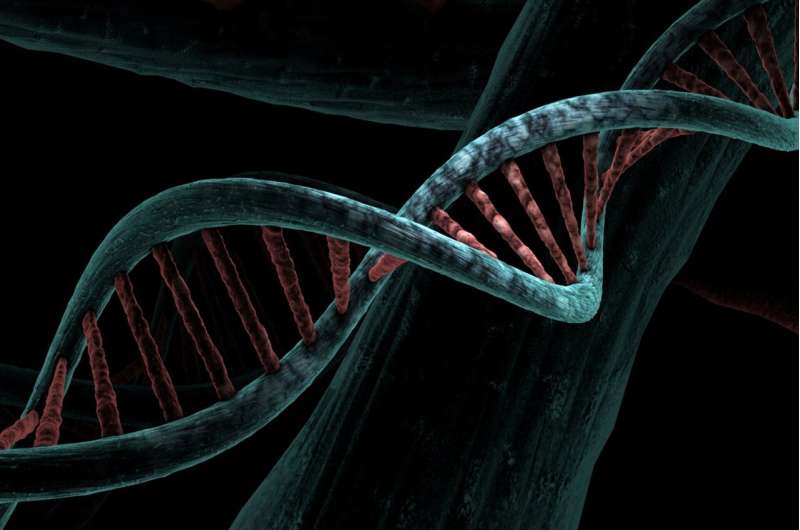The Surprising Link Between Bacon, Feces, and Feelings of Disgust

Explore the fascinating psychological reasons behind why foods like bacon and feces evoke similar feelings of disgust, especially in vegetarians, and how this influences dietary choices.
Have you ever noticed that certain foods—even those as seemingly different as crispy bacon, a juicy steak, human flesh, and feces—can evoke a similar instinctive sense of revulsion? Recent research sheds light on the psychological mechanisms behind why some substances trigger such intense feelings of disgust, especially in vegetarians.
In a comprehensive study, scientists examined how vegetarians and omnivores respond emotionally to various foods. Participants viewed images of common meats like roast chicken, beef steak, and bacon alongside disliked vegetables such as raw onions, aubergine, olives, and Brussels sprouts. For omnivores, the images included extreme examples like human and dog flesh and feces.
Participants were asked to reflect on how they would feel about eating each food, especially those they would refuse. From over 300 individuals across the UK, nearly 900 food rejection responses were analyzed to understand the psychology of food aversion.
Results indicated that vegetables were primarily rejected because of sensory dislike—bitterness, texture, or flavor—not emotional response. Vegetarians, however, often rejected meat not due to taste but because of an underlying sense of disgust triggered by what meat represents—something inside the body or touching other foods. This deep-seated aversion mirrors reactions to disturbing images like human flesh or feces, which are avoided regardless of flavor.
To illustrate this concept, imagine blending a disliked vegetable into your favorite soup—undetectable by sight, taste, or smell. Many would still refuse to eat it if it were a minuscule amount of dog meat in the soup, not because of taste but due to an almost primal sense of disgust. This visceral response is rooted in evolutionary survival mechanisms designed to protect us from potential contaminants.
Disgust responses toward meat are common; studies estimate about 74% of vegetarians and 15% of flexitarians experience strong disgust related to meat. Many omnivores also share this reaction, especially towards unfamiliar or taboo meats, like insects or offal encountered in shows like "I'm a Celebrity… Get Me Out of Here."
Interestingly, these emotional reactions might serve a beneficial role. For example, during vegan challenges such as Veganuary, individuals often find their disgust toward meat growing stronger, which can reinforce their commitment to reducing or eliminating meat consumption. This aversion response can aid in tackling issues related to personal health, animal welfare, and environmental sustainability, considering livestock farming's significant contribution to climate change.
Understanding the psychological underpinnings of disgust towards certain foods highlights the importance of emotional and evolutionary factors in dietary choices. This insight can also help in developing strategies for promoting healthier eating habits and reducing meat consumption on a broader scale.
source: https://medicalxpress.com/news/2025-05-bacon-feces-common-disgust.html
Stay Updated with Mia's Feed
Get the latest health & wellness insights delivered straight to your inbox.
Related Articles
Evaluating Safety and Effectiveness of Hypoglossal Nerve Stimulation in Young Children with Down Syndrome
A recent study demonstrates the safety and effectiveness of hypoglossal nerve stimulation in young children with Down syndrome, offering a promising new approach to managing sleep apnea and supporting developmental health.
Enhanced Brain Imaging Benchmark Improves Classification of Alzheimer's Disease Changes
Researchers from USC have developed a new brain imaging benchmark using tau PET scans that improves classification of Alzheimer's disease-related changes, highlighting the importance of diverse populations in research.
Call for Stricter Sperm Donation Regulations After Discovery of Cancer-Causing Genes in Donors
Experts call for improved regulation and genetic screening of sperm donors across Europe to prevent the transmission of cancer-linked genes to children, ensuring safer assisted reproductive practices.
New Insights into Prefrontal Brain Pathways: Separating Motivation from Threat Response
New research uncovers how specific prefrontal pathways regulate motivation and threat responses, offering insights into treatments for depression and anxiety.



